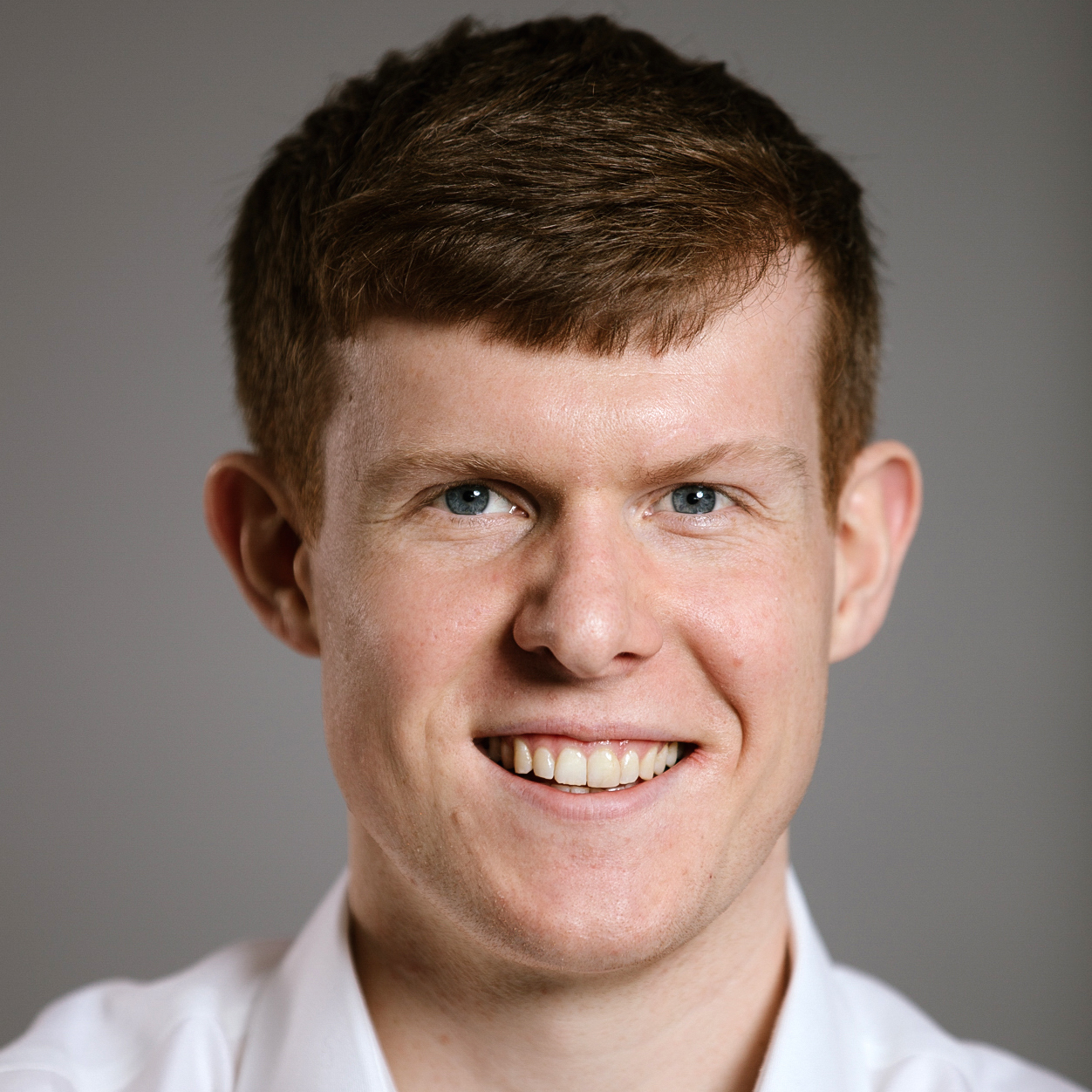PhD in Biophysical Chemistry, University of Warwick (2017)
| Consultant | |
|---|---|
| Newton | |
Job highlight: Engaging at every level from the shop floor to the boardroom to bring clarity to complex problems and embed sustainable changes that will leave a lasting impact on some of the largest organisations in the U.K., whilst working with some of the friendliest and most accomplished people I’ve ever met.
Postgraduate take-away: As a postgraduate, you will have developed a huge variety of skills that are transferable to a career in consulting. One that stands out for me is the ability to communicate a complex idea in a way that is easily digestible. In academia, this experience comes from explaining your work to fellow researchers, but this transfers directly to communication with both colleagues and clients.
What’s your background?
I started life as a mathematician, graduating from the University of Warwick with a BSc in 2013. Looking for a change of pace, I was fortunate enough to secure a place in a Doctoral Training Centre for Mathematical Biology and Biophysical Chemistry. After completing the MSc, I began doctoral research into molecular uptake at the cellular surface using scanning probe microscopy, sitting my viva in November 2017.
Why did you move away from academia?
I realised during the second year of my PhD that I wanted a career with a fast pace and a broad scope. Typically in academia, you will become increasingly specialised as you become an expert in your field, and the further you progress along this path the more difficult it is to change. I found that research projects can often take several years of ‘trying to make something work’, so both the shorter timescale and faster pace of consulting projects really appealed to me.
How did you prepare for the work involved in your job?
When considering a move to consulting, I did a lot of research into different companies, and I think it’s extremely important to really understand what a company does and work out if that aligns with your interests and goals before you apply. After securing a position, the main area of preparation for me was spending time learning about the client that I was going to be working with and the industry they were in. It’s not uncommon to have conversations with senior clients and having that extra level of knowledge and context makes a huge difference.
How did you get this job?
Having decided to move away from a career in academia, I looked at a variety of potential industries in which to begin a career. Consulting seemed like a natural place to apply the analytical skills that I’d gained during my PhD, whilst providing the opportunity for enormous professional development. Newton stood out to me as a company with exciting and challenging projects, that managed to maintain a fantastic culture and respect for their employees’ work-life balance. After attending a presentation evening at Warwick, I applied through their Graduate portal.
Can you describe a typical week in your job?
No two weeks are ever the same, and that is something that I absolutely love about the job. It’s more than possible that in the same week I could be collecting raw data from a factory or operating theatre and then presenting the results of my analysis to a senior client. Every day is different and that gives you the opportunity to develop very quickly.
What’s the workplace culture like?
You might expect the workplace to be more formal and serious than in academia, but I’ve found that there’s a huge difference between formal and professional. At Newton, the culture is less hierarchical than I’d experienced in academia, and my colleagues are fast becoming great friends.
Do you have any advice for current graduate students and postdocs considering a career outside of academia?
Keep an open mind about your future career – your supervisor and other academic support may be telling you that academia is the only option, and it’s up to you to find a new path. Remember that moving into industry doesn’t mean that you won’t be using the skills you developed in academia and they are extremely transferable.
Would you be able to highlight any relevant resources, industry bodies or key websites that might help someone entering the sector familiarise themselves with it?
The Newton website provides further details about careers within the company and information about the sector more broadly here.
![]() Newton is a UK-based specialist in operational improvement, fuelled by a fundamental belief that even the best organisations can be better.
Newton is a UK-based specialist in operational improvement, fuelled by a fundamental belief that even the best organisations can be better.
Our approach is different – deliberately. We work hand in hand with our clients, delivering at the coalface. Together, we crack some of the largest and most complex challenges in the public and private sectors, by pinpointing and implementing the changes that will create the greatest impact.
We’re called upon to bring much-needed change, from redesigning social care to improving build efficiencies on aircraft carriers. The work’s varied and complex – just how we like it. And no one else does it the way we do. Take our business model. We guarantee our fees against delivering results, and will only leave once our clients see those results stick. Bold – yes. Disruptive? Always.





